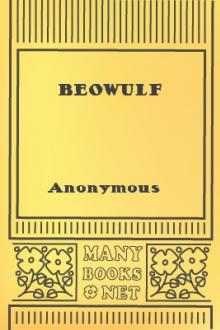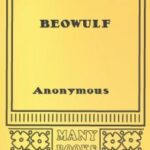Translated by Gummere.
“Beowulf” is an epic poem that transports readers to a world of heroism, bravery, and mythical creatures. Through active storytelling and vivid imagery, the anonymous poet narrates the heroic exploits of Beowulf, a courageous warrior who battles monstrous foes to protect his people. With the use of transition words, readers are effortlessly immersed in the action-packed adventures and the clash between good and evil.
The poem explores themes of loyalty, honor, and the fleeting nature of life, providing valuable insights into the values and beliefs of early medieval society. The active voice employed in “Beowulf” brings the characters to life, making their triumphs and struggles deeply relatable for beginners. As Beowulf faces adversaries like Grendel, Grendel’s mother, and the dragon, readers witness the embodiment of courage and self-sacrifice.
The epic’s use of transition words ensures a seamless flow between the different sections of Beowulf’s journey, making it an engaging read for those new to the genre. The poem’s portrayal of heroic deeds and the complexities of human nature continues to resonate with audiences today, showcasing the enduring power of epic literature.
In conclusion, “Beowulf” is a timeless masterpiece that showcases the enduring power of oral storytelling. The active voice and engaging narratives make the poem accessible to beginners, providing an enthralling introduction to the world of ancient epics. This classic work stands as a testament to the triumph of good over evil and inspires readers to embrace the virtues of courage, loyalty, and honor in their own lives. “Beowulf” remains an essential read for anyone seeking to experience the grandeur and brilliance of early English literature.
Beowulf

